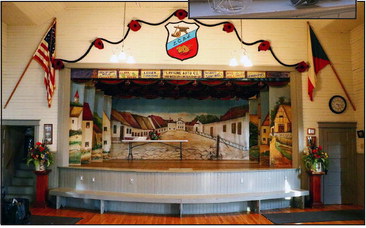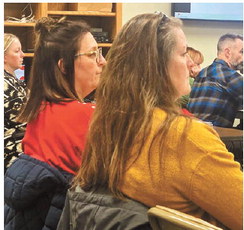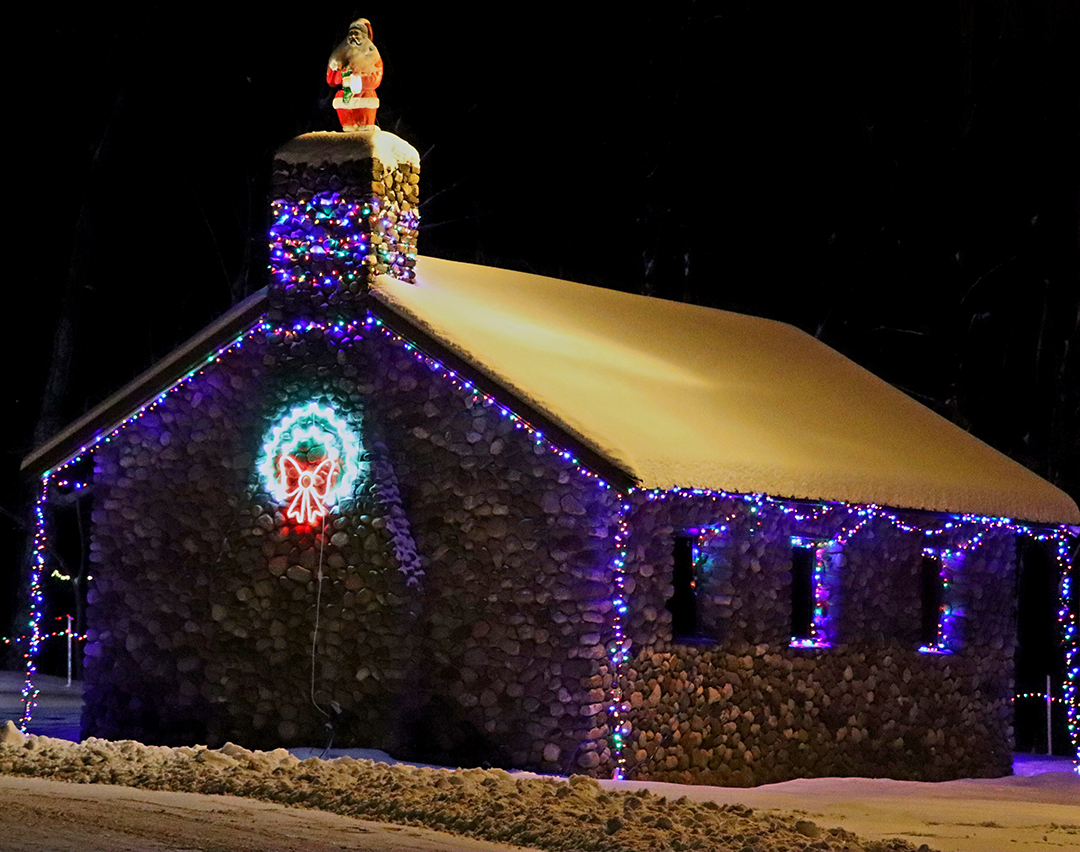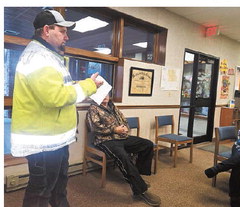Bohemian Hall abrim with Czech history and community


Serving as a place for not only plays, but also musical performances, the stage at Bohemian Hall sports reversible panels. Emil Piler, of Weyerhaeuser painted them for $157.37. The kit...





